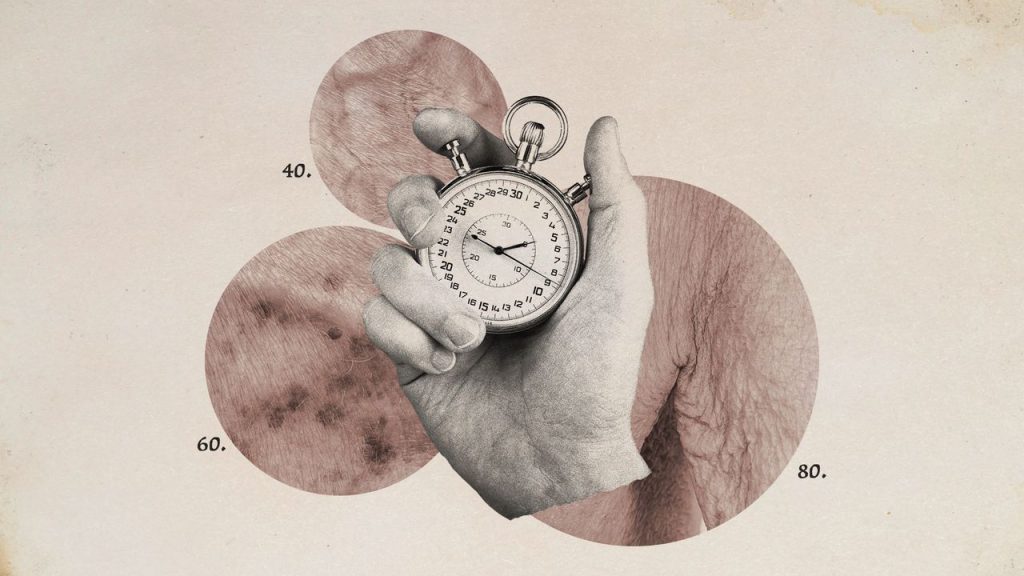Have you ever woken up in the morning and suddenly felt old? There might be a good reason. A series of studies has found that, rather than ageing gradually on a linear timescale, we might have significant “bursts” of getting old during our adult years, said National Geographic.
‘Provocative’ findings
These two bursts usually happen in our mid-40s and our early-60s, according to a research team at Stanford University, who tracked thousands of different molecules in people aged 25 to 75. The researchers found that 81% of the molecules didn’t change continuously, as you’d expect, but actually transformed significantly around certain ages.
Their “provocative” findings seem to “fly in the face” of current models of ageing, said David Sinclair, a molecular geneticist, longevity researcher, and professor at Harvard Medical School.
A separate study by a team in Germany last year found that sudden chemical modifications to DNA occurred in mice in early to mid-life and again in mid to late life, hinting that there were “three discrete stages of ageing”, said The New York Times. And a 2019 analysis, which examined the blood plasma of over 4,000 people, found there were “significant jumps” in concentrations of proteins associated with ageing in the fourth, seventh and eighth decades of life.
‘Steep uptick’
This “sudden ageing” can come with “an acceleration in muscle wastage and skin decline”, said New Scientist, along with an inability to metabolise alcohol, a swift dwindling of immune cells, and substantial increases in the risk of cardiovascular disease and of dying.
Although none of this sounds particularly enjoyable, the various findings “don’t have to make you dread hitting your 40s and 60s”, said National Geographic, because understanding “how and when we age” can help experts and the general public take “specific steps to prevent or at least prepare for” some of the “most undesirable” aspects of the process.
The pattern “fits with previous evidence” that the threat of many age-related diseases does not “increase incrementally”, said The Guardian. Conditions such as Alzheimer’s and cardiovascular disease tend to show a “steep uptick” after 60.
There is a note of caution to attach to the Stanford findings, said Sinclair, as other studies have found that people often experience a “mid-life crisis” in their late-30s and early-40s or a “late-life crisis” in their late-50s and early-60s – the two periods linked to the ageing “bursts”.
To put it another way, it’s possible “associated psychological and lifestyle changes may be responsible for these changes in ageing and not due to our inherent biology”.
Scientists have found that ageing increases in our mid-40s and 60s
